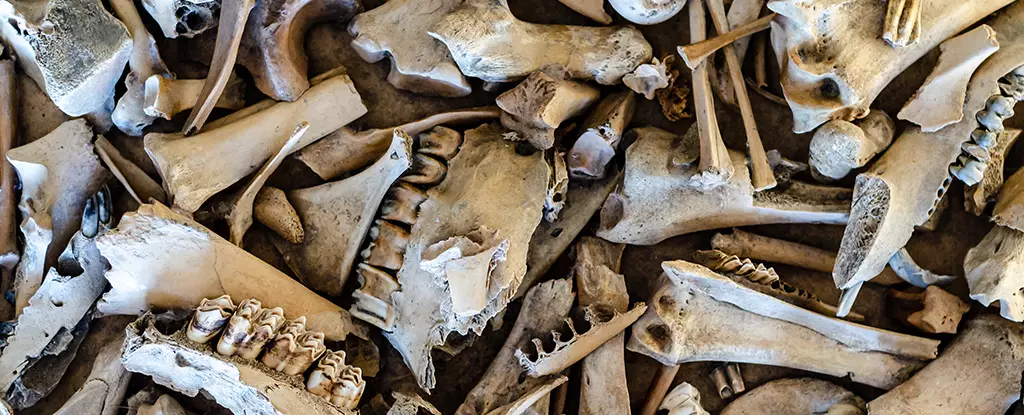For centuries, the image of Neanderthals has been confined to the stereotypes of primitive, brutish beings—a misunderstood species lacking sophistication and strategic thinking. Recent discoveries, however, are beginning to dismantle these antiquated notions, unveiling a picture of Neanderthals as resourceful, organized, and in some ways comparable to early Homo sapiens. The latest evidence from Germany suggests that Neanderthals weren’t just about brute strength; they possessed complex behaviors that reflected a nuanced understanding of their environment and subsistence strategies. This shift compels us to rethink the narrative of human evolution, recognizing Neanderthals not as mere predecessors but as intelligent agents in their ecological niches.
Decoding the “Bone Factory”: Evidence of Strategic Resource Management
The discovery of an ancient “fat factory” in Neumark-Nord puts a spotlight on Neanderthal ingenuity. About 125,000 years ago, these early humans undertook deliberate, large-scale processing of animal bones to extract marrow and grease—valuable nutritional resources. This wasn’t a haphazard attack on prey but a carefully managed operation, involving planning, resource caching, and strategic site selection. Archaeologists have uncovered extensive bone fragments from over 170 large mammals like horses and deer, bearing signs of intentional breakage and tool use. What is most striking is the evidence of fire and organized butchering activities over a confined area, indicating a planned process rather than sporadic scavenging. These findings suggest that Neanderthals had the cognitive capacity to optimize their resource use, transforming raw materials into stored supplies for future consumption.
Implications for Our Understanding of Neanderthal Society
This advanced level of resource management implies a social structure that supported planning and coordination—features long attributed to Homo sapiens but undervalued in Neanderthals. The ability to manage resources in a systematic manner indicates a level of abstract thinking and foresight. Neanderthals possibly maintained knowledge of specific sites for processing fat, caching carcasses, and sharing resources—behaviors that mirror early human communal activities. Such evidence contradicts the outdated perception of Neanderthals as merely reactive survivalists; instead, they emerge as adaptable, strategic operators who understood the nutritional and ecological implications of their actions.
Challenging the Myth of Superiority
While modern humans have thrived and proliferated globally, the narrative of Neanderthal failure appears increasingly simplistic. The recent finds suggest that their extinction was not solely due to inferior intelligence or adaptability but perhaps due to complex environmental and demographic factors, including competition, population structure, or other ecological pressures. The idea that Neanderthals lacked abstract thinking, communication, or social cohesion is untenable in light of evidence like this. Instead, they may have possessed cognitive abilities comparable to or even surpassing certain aspects of early Homo sapiens, calling into question the hierarchy of intelligence traditionally imposed upon extinct species.
Looking Ahead: The Future of Neanderthal Research
As ongoing excavations and technological advances continue to illuminate Neanderthal lives, it’s increasingly clear that these ancient humans are more than mere ancestors—they are complex contributors to our shared evolutionary history. The meticulous preservation of sites like Neumark-Nord offers unparalleled opportunities to understand their interaction with the environment and each other. As researchers uncover more about their social networks, tool use, and subsistence strategies, the image of Neanderthals will evolve from stereotype to appreciation of a species capable of sophisticated thought and organization. Recognizing their intelligence is not just an academic exercise; it is a moral reminder of the depth of our shared heritage and the need to learn from the past’s complexities rather than dismiss them as primitive.

